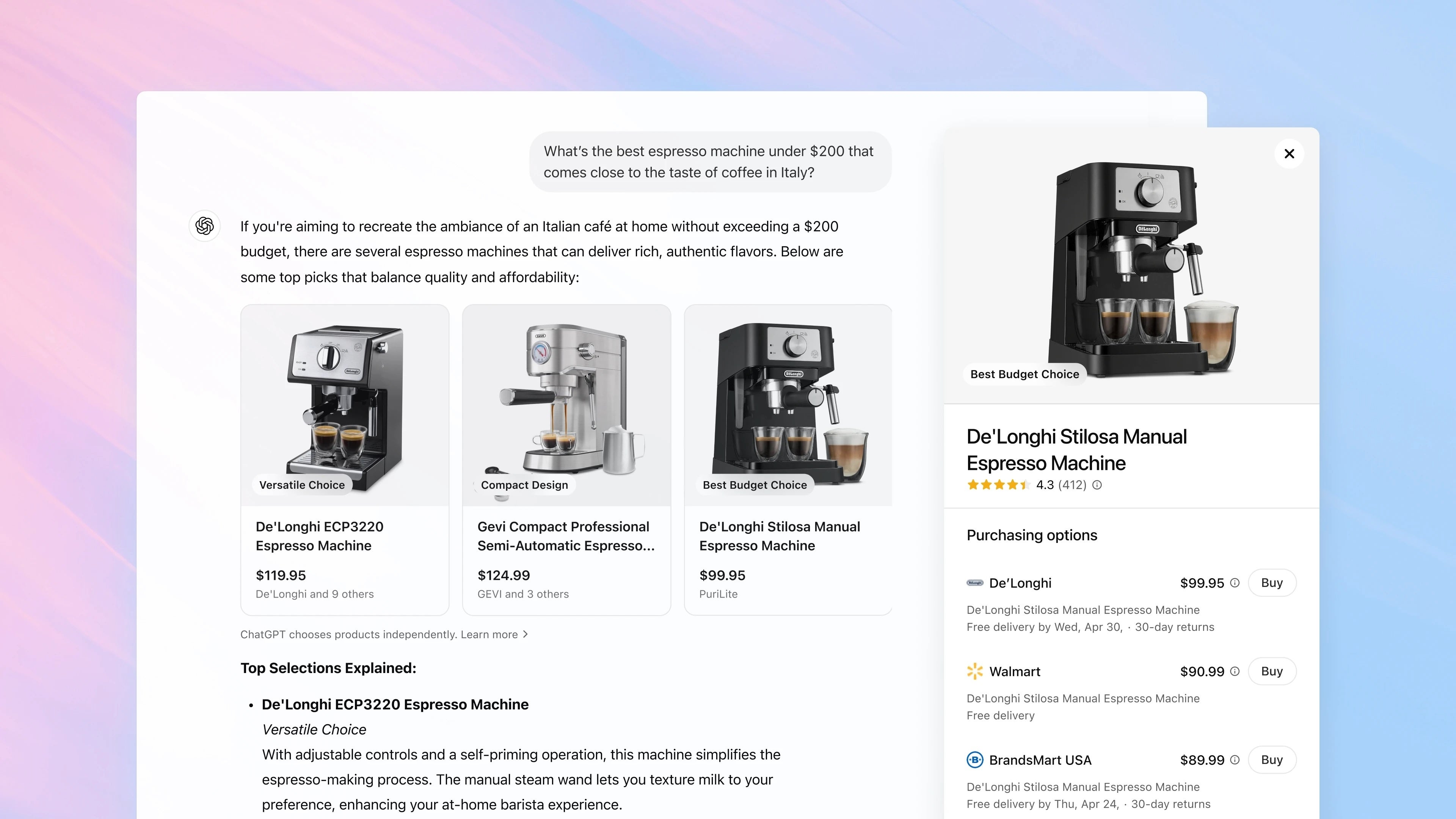How to tell if a middle manager on your team is burning out
Middle management can be exhausting—particularly at the beginning of a managerial career. On the one hand, these employees have to get down into the weeds and help members of their team do their jobs in the most effective ways. They may have some inexperienced reports who need help and development to work effectively and independently. On the other hand, their daily work is governed by layers of leadership above that restrict their autonomy and require them to convince others that new things they would like to try are worth the effort. This combination creates a situation in which middle managers can feel locked in. They are constantly solving problems from their direct reports while determining how to carry out new orders from above. A heavy workload combined with a lack of autonomy can lead to burnout. If you oversee middle managers, here are some things you can do to help detect whether there is a problem and intervene quickly: Tap into your network One significant problem middle managers have is that they may lack a good peer group. Frontline employees often band together and create a social group that creates camaraderie at work and may also extend to lunch outings or happy hour gatherings. Middle managers (particularly when they first ascend into a supervisor role) often lose that social connection. With their promotion, they go from being one of the frontline staff to being one of “them.” Yet they may not be embraced immediately by other managers. So they not only struggle with the difficulties of the tasks they are given, but they may face that struggle alone. It’s important to create a good social network that middle managers can plug into. This gives them the benefit of a community to talk to, and members of that team can alert other leaders if they see a colleague struggling. Watch for defections When managers start to burn out, they lose resilience. Resilience enables people to maintain a calm and even disposition, even when things go wrong. It enables managers to work closely with team members who need more training or who have made a mistake. As emotional resilience breaks down, managers are more likely to react to mistakes and requests for assistance with anger and annoyance. They may be more likely to punish mistakes rather than use them as learning opportunities. These reactions are likely to create frustration among this manager’s direct reports. As a result, members of this supervisor’s team may look for other jobs, either by transferring elsewhere in the company or leaving altogether. Exit interviews with frontline employees can help to detect this problem by gathering information about why people are leaving. If a manager is burning out, it will be more effective to work with them to help reestablish their resilience rather than putting them on a punitive performance improvement plan that does not address the emotional component of the problem. Ask better questions When you meet with your direct reports, you might expect to get information from them that would help you to see whether they are exhibiting signs of burnout. Unfortunately, most leaders often ask generic questions like “How are you doing?” While some workplaces create enough psychological safety to allow employees to feel comfortable talking about fatigue with the job, most new managers will put on a brave face and say they are fine. To address this, it’s important to ask a few questions that require longer answers; these can provide you with insight into how your middle managers are handling the strain. One valuable approach is to ask your reports how they handled a particular situation, rather than how are they doing. This question gets your them to relive the situation in front of you, to describe what happened and how they addressed it. A lot of what you’re listening for in this response is the emotion behind it. If you see anger or frustration on the part of your supervisee, that’s a signal that they are having difficulty with the stress of the job. If they talk about losing patience with particular employees, that may also be a warning sign. Use these conversations as a way to encourage middle managers you work with to talk with you when they are feeling overwhelmed. One of the best ways to help your team feel better about their work is for them to know that they are not dealing with stresses alone, and that you are available if they need help.

Middle management can be exhausting—particularly at the beginning of a managerial career. On the one hand, these employees have to get down into the weeds and help members of their team do their jobs in the most effective ways. They may have some inexperienced reports who need help and development to work effectively and independently. On the other hand, their daily work is governed by layers of leadership above that restrict their autonomy and require them to convince others that new things they would like to try are worth the effort.
This combination creates a situation in which middle managers can feel locked in. They are constantly solving problems from their direct reports while determining how to carry out new orders from above. A heavy workload combined with a lack of autonomy can lead to burnout.
If you oversee middle managers, here are some things you can do to help detect whether there is a problem and intervene quickly:
Tap into your network
One significant problem middle managers have is that they may lack a good peer group. Frontline employees often band together and create a social group that creates camaraderie at work and may also extend to lunch outings or happy hour gatherings.
Middle managers (particularly when they first ascend into a supervisor role) often lose that social connection. With their promotion, they go from being one of the frontline staff to being one of “them.” Yet they may not be embraced immediately by other managers. So they not only struggle with the difficulties of the tasks they are given, but they may face that struggle alone.
It’s important to create a good social network that middle managers can plug into. This gives them the benefit of a community to talk to, and members of that team can alert other leaders if they see a colleague struggling.
Watch for defections
When managers start to burn out, they lose resilience. Resilience enables people to maintain a calm and even disposition, even when things go wrong. It enables managers to work closely with team members who need more training or who have made a mistake.
As emotional resilience breaks down, managers are more likely to react to mistakes and requests for assistance with anger and annoyance. They may be more likely to punish mistakes rather than use them as learning opportunities. These reactions are likely to create frustration among this manager’s direct reports.
As a result, members of this supervisor’s team may look for other jobs, either by transferring elsewhere in the company or leaving altogether. Exit interviews with frontline employees can help to detect this problem by gathering information about why people are leaving. If a manager is burning out, it will be more effective to work with them to help reestablish their resilience rather than putting them on a punitive performance improvement plan that does not address the emotional component of the problem.
Ask better questions
When you meet with your direct reports, you might expect to get information from them that would help you to see whether they are exhibiting signs of burnout. Unfortunately, most leaders often ask generic questions like “How are you doing?” While some workplaces create enough psychological safety to allow employees to feel comfortable talking about fatigue with the job, most new managers will put on a brave face and say they are fine.
To address this, it’s important to ask a few questions that require longer answers; these can provide you with insight into how your middle managers are handling the strain. One valuable approach is to ask your reports how they handled a particular situation, rather than how are they doing. This question gets your them to relive the situation in front of you, to describe what happened and how they addressed it.
A lot of what you’re listening for in this response is the emotion behind it. If you see anger or frustration on the part of your supervisee, that’s a signal that they are having difficulty with the stress of the job. If they talk about losing patience with particular employees, that may also be a warning sign.
Use these conversations as a way to encourage middle managers you work with to talk with you when they are feeling overwhelmed. One of the best ways to help your team feel better about their work is for them to know that they are not dealing with stresses alone, and that you are available if they need help.

















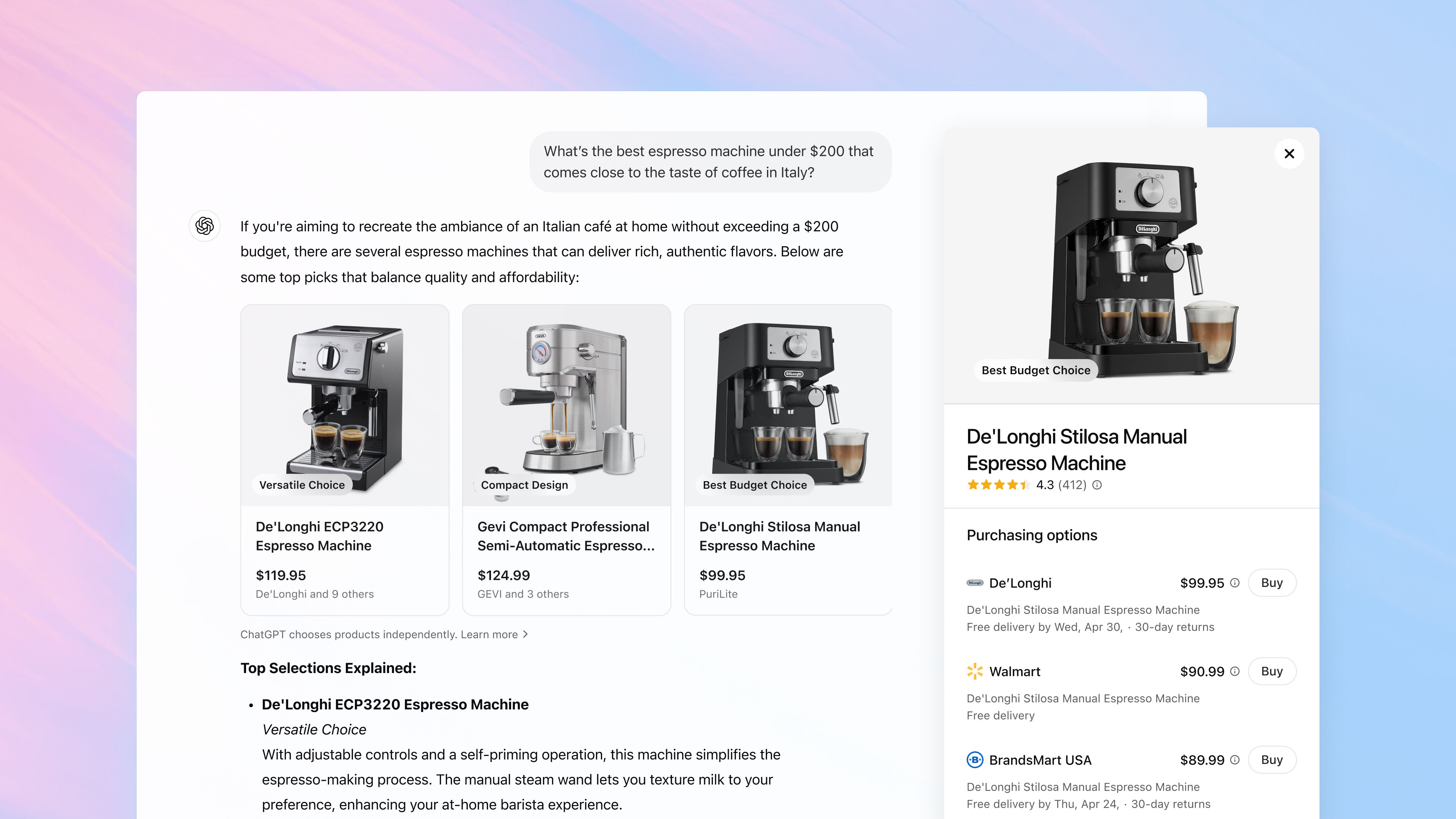















































































































































![[The AI Show Episode 145]: OpenAI Releases o3 and o4-mini, AI Is Causing “Quiet Layoffs,” Executive Order on Youth AI Education & GPT-4o’s Controversial Update](https://www.marketingaiinstitute.com/hubfs/ep%20145%20cover.png)


![[The AI Show Episode 143]: ChatGPT Revenue Surge, New AGI Timelines, Amazon’s AI Agent, Claude for Education, Model Context Protocol & LLMs Pass the Turing Test](https://www.marketingaiinstitute.com/hubfs/ep%20143%20cover.png)
















































































































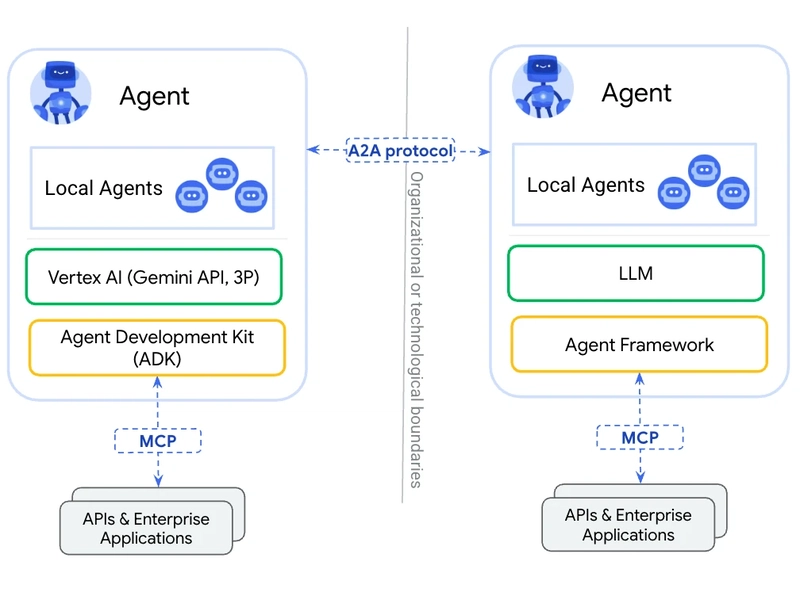
































































































































.png?width=1920&height=1920&fit=bounds&quality=70&format=jpg&auto=webp#)
.png?width=1920&height=1920&fit=bounds&quality=70&format=jpg&auto=webp#)























_Muhammad_R._Fakhrurrozi_Alamy.jpg?width=1280&auto=webp&quality=80&disable=upscale#)















































































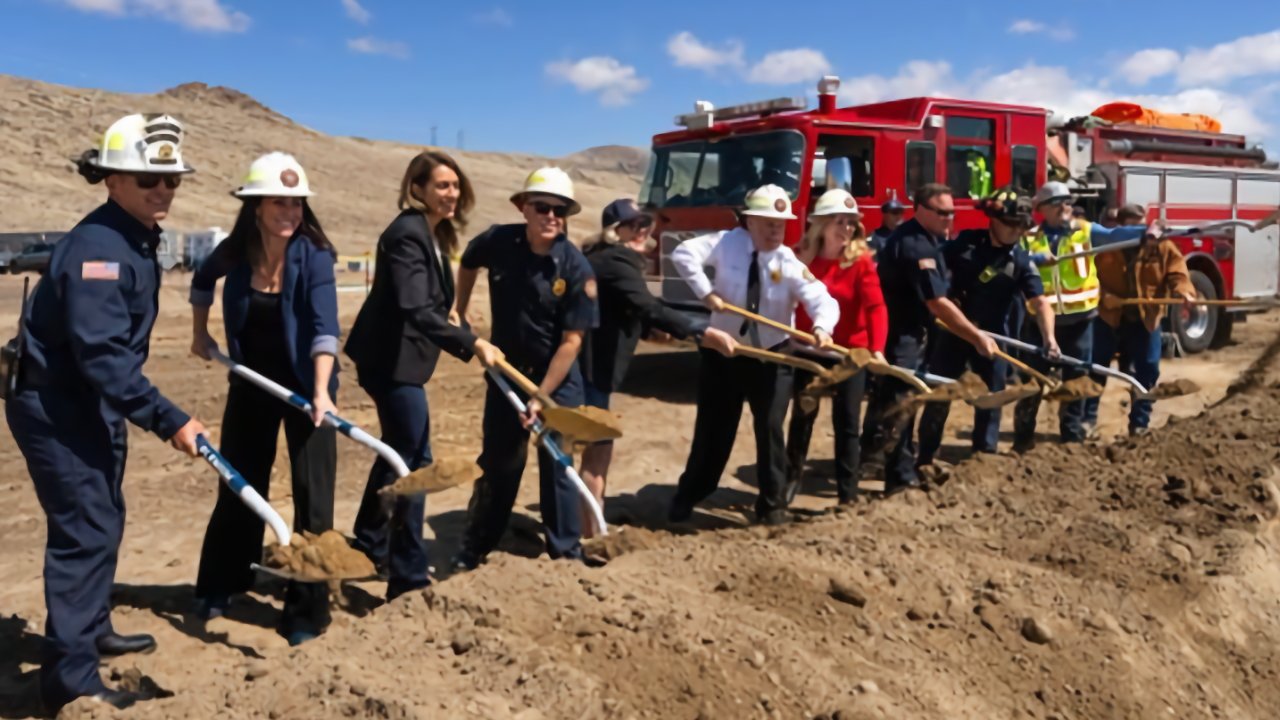

























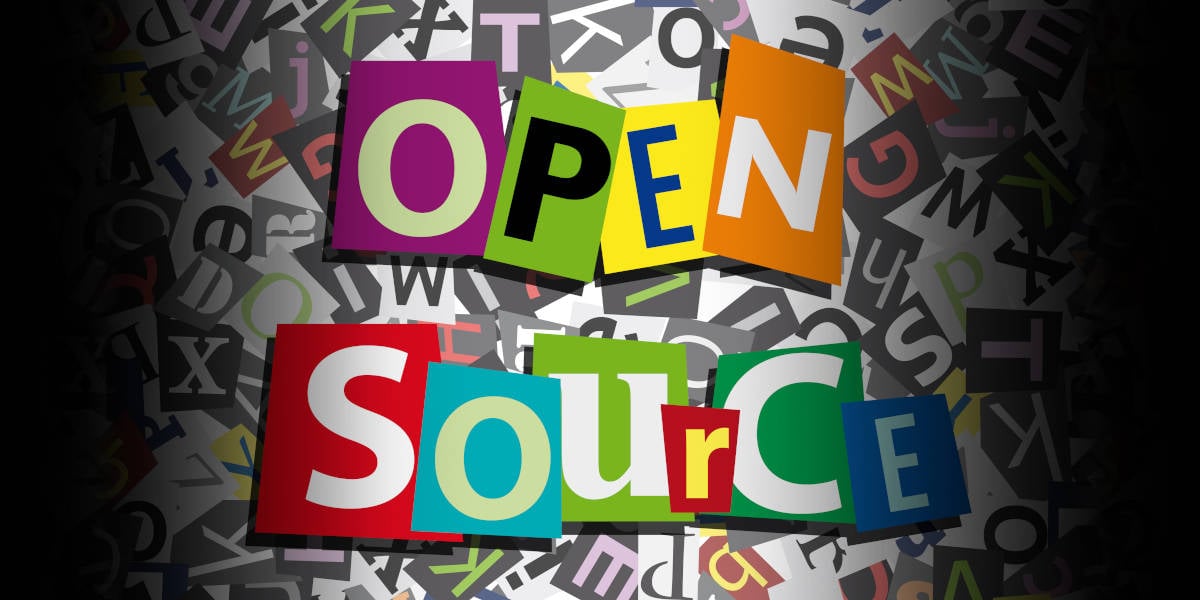


![AirPods Pro 2 With USB-C Back On Sale for Just $169! [Deal]](https://www.iclarified.com/images/news/96315/96315/96315-640.jpg)
![Apple Releases iOS 18.5 Beta 4 and iPadOS 18.5 Beta 4 [Download]](https://www.iclarified.com/images/news/97145/97145/97145-640.jpg)
![Apple Seeds watchOS 11.5 Beta 4 to Developers [Download]](https://www.iclarified.com/images/news/97147/97147/97147-640.jpg)
![Apple Seeds visionOS 2.5 Beta 4 to Developers [Download]](https://www.iclarified.com/images/news/97150/97150/97150-640.jpg)














































